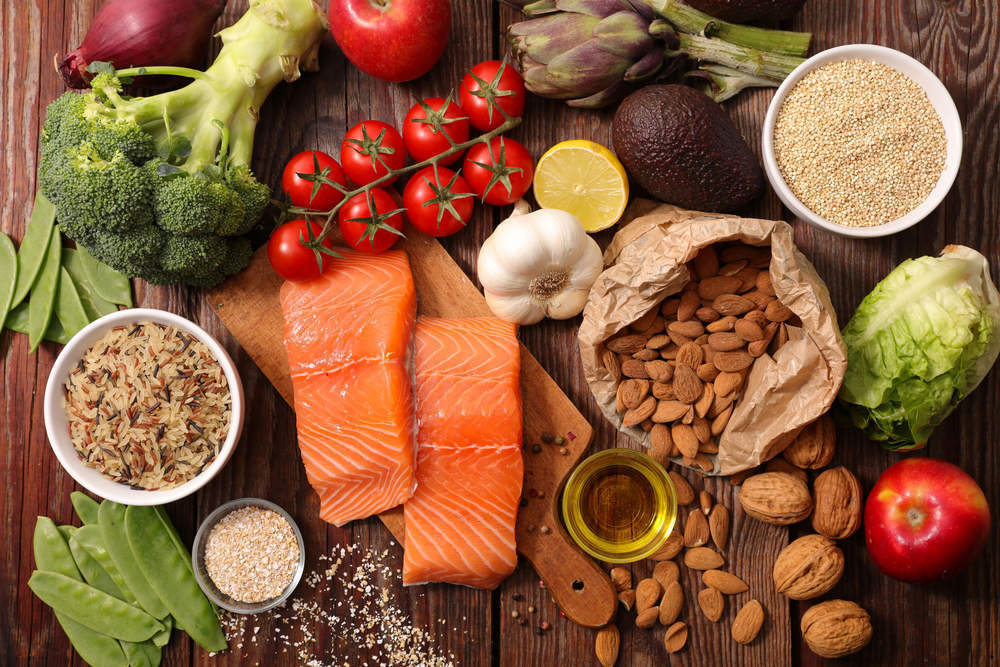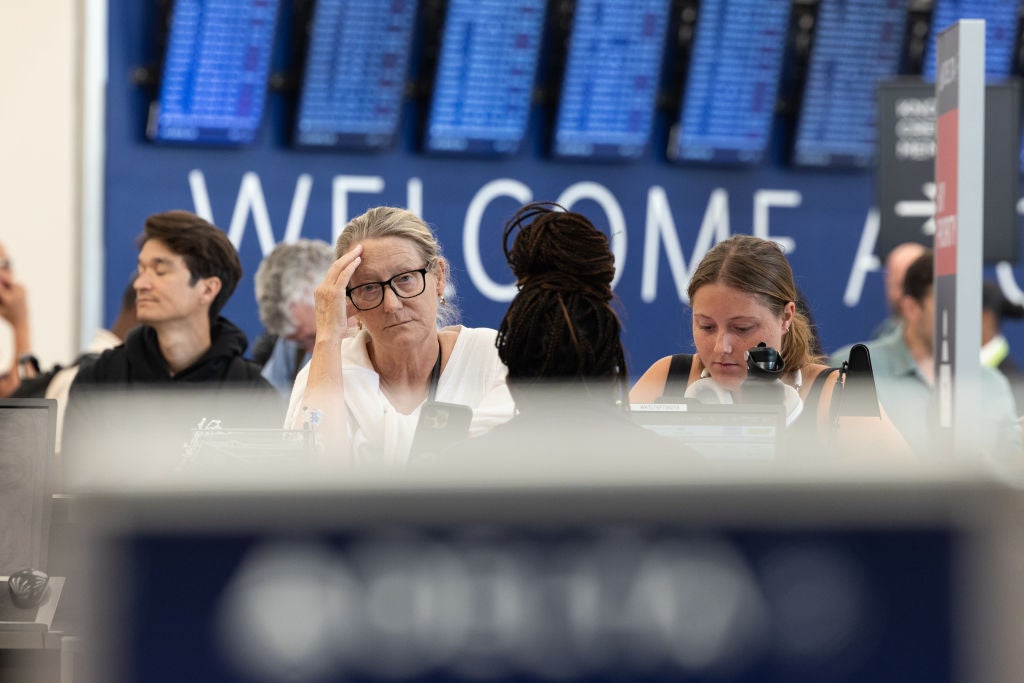
The UK could be forced to find qualified domestic vets and inspectors to ensure the quality of food imports after Brexit.
At present, an estimated 170 European Commission staff carry out up to 240 inspections each year in as many as 130 different countries to guarantee that all imported produce is safe for human consumption.
They check animals for disease, contaminants, drugs or pesticides, in accordance with EU hygiene rules.
“We need to plan for the possibility of that scenario where we’re not able to share . . . the EU mechanisms. We would [be required] to do our own inspections. We know it’s work for us to do,” Professor Nigel Gibbens, the UK’s chief veterinary officer, told a British parliamentary committee in March.
Data from 2015 revealed that European Commission vets and inspectors spent a combined 4,720 days on overseas visits, while another 150 members staff provided back-office support.
“The work of the service is vital in relation to international trade in food, animals and plants as the audit results are a major factor in determining which non-EU countries can export to the EU,” saidPaola Colombo, director for health and food audits at the commission.
How well do you really know your competitors?
Access the most comprehensive Company Profiles on the market, powered by GlobalData. Save hours of research. Gain competitive edge.
 Company Profile – free sample
Company Profile – free sampleThank you!
Your download email will arrive shortly
Not ready to buy yet? Download a free sample
We are confident about the unique quality of our Company Profiles. However, we want you to make the most beneficial decision for your business, so we offer a free sample that you can download by submitting the below form
By GlobalData
Overall European Commission spending on food safety reached more than €250m in 2015, the Financial Times reported.
Unless a deal is reached between the UK and the EU, whereby Brussels continues to oversee the health and hygiene of livestock overseas, the UK will have to fend for itself from 2019.
Finding enough qualified inspectors in the UK could be a struggle.
“The UK’s veterinary workforce relies heavily on non-British EU vets yet we are already hearing of fewer applicants for veterinary public health roles since last June’s referendum,” Gudrun Ravetz, president of the British Veterinary Association (BVA) told Verdict.
“There are significant concerns about the potential impact of a post-Brexit veterinary workforce shortage on the UK’s £100-worth agri-food sector, in terms of risking business and consumer confidence as well as the UK’s future export capability. This is why we are calling on the Government to guarantee working rights for non-British EU vets and vet nurses currently working and studying in the UK at the existing level, and with no time limit,” she added.







